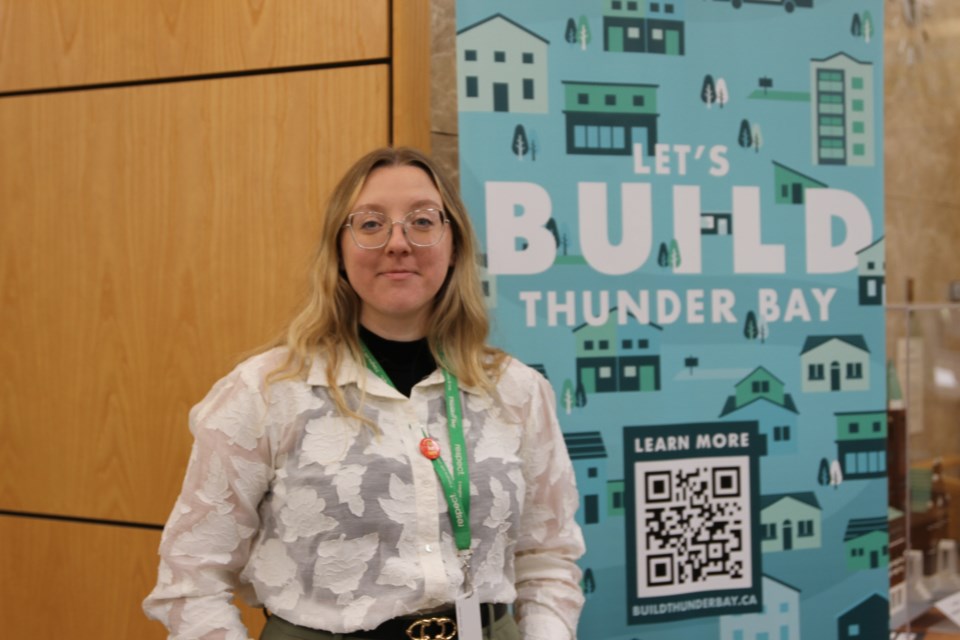THUNDER BAY – Demand for the provincially-supported Affordable Rental Housing Funding Program has far exceeded the funds available to the city this year.
The program received nine applications, six meeting the eligibility criteria, according to a report from Infrastructure, Development and Operations.
Administration will be going to council on Monday, Oct. 7, to ask for a $4,060,000 funding increase for the Affordable Rental Housing Funding Program to support all six applications.
That's nearly three times the current funding envelope of $1,360,000.
“Through the Housing Accelerator Fund agreement we get paid annually, and so that means that we have to go back every single year, look at the budget based on the next payment that's coming,” Summer Stevenson, Project Manager for Development Services told Newswatch.
The applications were made by not-for-profit and Indigenous organizations and in total would create 130 new affordable units and 114 new market units throughout the city.
The Affordable Rental Housing Funding Program is structured in such a way that developers can access grants to build multi-unit rental housing geared to people living on a fixed income.
Stevenson explained that because the province's Housing Accelerator Fund (HAF) and Building Faster Fund (BFF) are distributed annually, the city could temporarily draw funding from Renew Thunder Bay Reserve Fund, and replenish it with HAF and BFF funding as it comes in.
“What we're doing is we're asking council to take the planned three years of funding, allocate it all to this year and use the reserve fund as a backstop,” Stevenson said.
“There is a chance we don't have to draw money from the reserve fund at all, but it's there to serve as that backstop. So, we can make the commitment to these organizations.”
With council’s approval, the extra funding could increase the city’s housing stock faster than expected. However, if council decides not to approve administration's recommendation, only two of the six eligible projects will be funded in this round.
That would create 34 new affordable housing units compared to the the 224 units that could be built if all six applications are funded.
Stevenson also pointed out that some of these organizations will have a building permit within months of signing their agreement with the city.
“Some of these projects are much further along than others. Some of these projects will likely have a building permit within the next few months whereas others will be pushing for that one-year timeline,” she said.
When talking about affordable housing, Stevenson explains that “the number that gets thrown around a lot is 30% of your gross annual income.”
“If you're spending less than 30% of your gross annual income on housing costs – so that's rent utilities, insurance – then you are considered to have affordable housing.”
“What it comes down to is, in these proposals, we're looking at apartments ranging from $360 a month, which is deeply affordable to low-income folks in Thunder Bay, to $1052 a month, which is reaching the moderate incomes of Thunder Bay. So that's for all apartment types and styles. These projects include bachelor, one bedroom and two bedrooms,” Stevenson said.
All six of the proposals are for higher-density, multi-unit buildings. “We are looking at incentivizing multi-unit construction because we know that multi-unit construction is generally more affordable than a single detached dwelling and it also makes the best use of the services,” said Stevenson.
“We know here in Thunder Bay we have an infrastructure deficit. So, the more homes we have on existing services, the more homes that are paying into those services, which makes it more affordable for everyone.”
